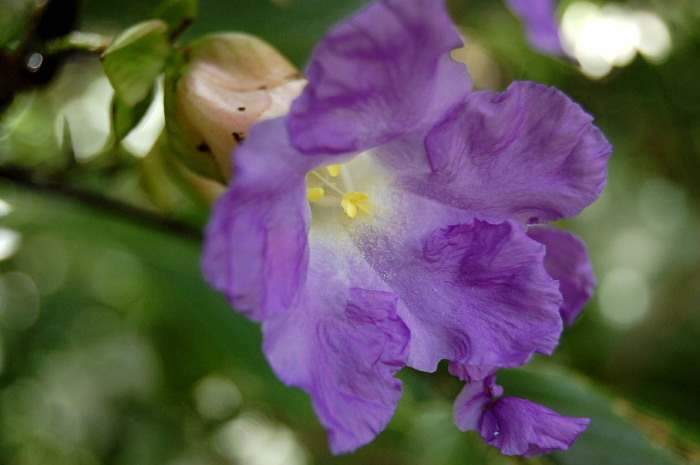Hi Sas, (Sebast and Gae),
Here's the beginning Benin World University and School -
http://worlduniversity.wikia.
Check out the (2,200) MIT OpenCourseWare courses in English, and the MIT OCW courses in other languages too -
http://ocw.mit.edu/courses/
http://worlduniversity.wikia.
Check out the (2,200) MIT OpenCourseWare courses in English, and the MIT OCW courses in other languages too -
http://ocw.mit.edu/courses/
And languages in Benin will appear here -
http://worlduniversity.wikia.
each a wiki (editable web pages) school -and in that language, for people-to-people teaching (where Wikipedia is in 288 languages and we all wrote these millions of articles).
http://worlduniversity.wikia.
each a wiki (editable web pages) school -and in that language, for people-to-people teaching (where Wikipedia is in 288 languages and we all wrote these millions of articles).
Thanks again for your excellent Benin talk in Berkeley (http://www.tourismstudies.org/index.html) on Friday, and the dinner
conversation - your English is excellent (and apologies for my lack of
French).
I hope universal highest quality interactive online
education in 200 countries and their main languages, and wiki d chools
in all 9000 languages, and for accrediting MIT OCW-centric degrees will
help a lot of people and especially in Africa - and create many academic
jobs.
As an example of a creative subject for open teaching and
learning, here's the "Loving Bliss (eliciting this neurophysiology)"
wiki subject -
http://worlduniversity.wikia.
http://worlduniversity.wikia.
What other creative things do you love to teach / learn
about besides perhaps your research and might you add in French as an
open teaching and learning subject at WUaS, or invite your students even
to add?
You'll find here in my daily blog -
http://scott-macleod.blogspot.
And might I possibly please see to re-visit a copy of your Benin paper if you'd be willing to share it, Sas?
Looking forward to your talk on Friday, Gae.
Thank you.
Friendly regards,
Scott
*
Hi Sas,
Voici une question:
Which of the following expressions in French gets at the sense of "Loving Bliss (eliciting this neurophysiology)" - http://worlduniversity.wikia.com/wiki/Loving_Bliss_(eliciting_this_neurophysiology) - better (in many of these brain/bodymind chemistry qualities - but think too hypothetically MDMA as biology)?
And are the following good translations of this idea - Aimer Bliss (susciter cette neurophysiologie) ? :)
Vive the music (and dance) ... for the loving bliss :)
Vive la musique (et de la danse) ... pour le bonheur d'aimer :)
Vive the music (and dance) ... for the loving ecstasy :)
Vive la musique (et de la danse) ... pour l'extase d'amour :)
And what's the "cello bow" stroke for eliciting this, or even the "on-off" switch for eliciting a potentially amazingly varied and very wide range of neurophysiologies of these qualities of bliss and loving bliss? :)
And if these are some of the best experiences in life (I think they are), how best do you think we might elicit freely far-reachingly and wondrously such loving bliss neurophysiology - and when and as we want to?
Enchanté,
Scott
*
...


No comments:
Post a Comment
Note: Only a member of this blog may post a comment.